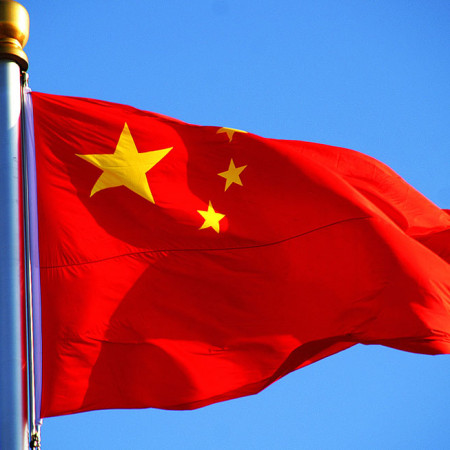China’s real estate market may be the biggest bubble in history … and it’s about to burst.
Japan’s real estate bubble burst in 1991, and it took a decade for the economy to start crawling back. In fact, Japan’s economy is still dealing with the fallout. Meanwhile, the U.S. housing bubble burst seven years ago and was followed by the worst financial crisis in nearly a century. We are still trying to crawl our way out of that one. These two bubbles, however, pale in comparison to the next bubble about to burst: China’s real estate bubble.
China’s economic boom over the past several decades has led to the emergence of a middle class that earns stable wages and has savings to invest. The problem is they don’t have many investment options. Investing abroad is prohibited, the stock market is too volatile and banks offer interest rates far below the rate of inflation. So what’s left? Real estate, which has provided consistently high returns far above China’s inflation rate. This means that the Chinese middle class has pumped hundreds of billions of dollars into real estate investments, and developers have been more than happy to take their money, using borrowed money to build. This has led to the largest real estate boom in human history, with real estate now representing anywhere from 10 to 30 percent of the economy.
The Chinese government has spent $2 trillion investing in real estate development to keep people in jobs and to keep the economy growing. They are building entire cities—dozens each year—without anyone to live in them. This is basically the last act before a massive multitrillion-dollar disaster hits China. When the bubble bursts—which it will likely do at any moment in the near future —the global economy will feel the results.
For the U.S., it could cause significant problems. If China needs to invest domestically to stabilize its economy, it will have less money to invest in U.S. Treasury instruments, which finance our deficits and debt.
